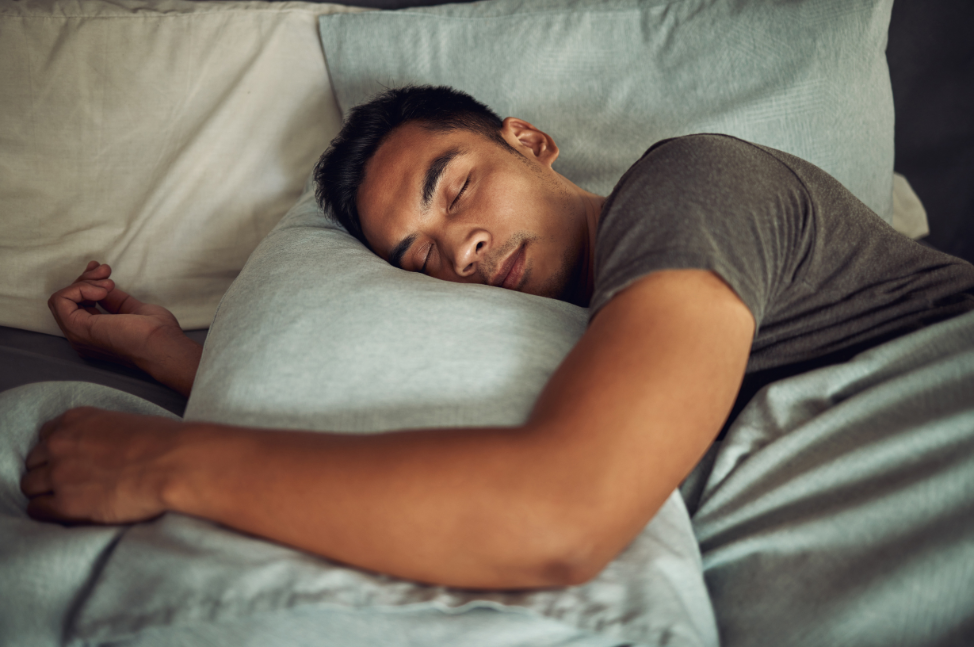You eat right, and you exercise, but how are you sleeping?
It’s often the last thing we think about when we think about fitness. The truth is diet, exercise and sleep all matter. Research now shows that rather than the “third pillar” of fitness, sleep is actually the foundation on which diet and exercise rest.
I look back at my career and know that I never prioritized sleep. I checked off all the other “healthy” boxes; I thought I was invincible and “I’d sleep when I was dead.” It wasn’t until I was really facing death that I understood the risks I was taking by living in a sleep-deprived state. In fact, sleep deprivation is associated with doubling your lifetime risk of cancer. Whoa!
Healthy sleep habits support your immune system and regulate your body’s internal clock. According to Johns Hopkins Medicine’s department of health and wellness, “disruptions in the body’s ‘biological clock,’ which controls sleep and thousands of other functions, may raise the odds of cancers of the breast, colon, ovaries and prostate.” And long stretches of overnight shift work may increase cancer risks as well, as continued exposure to light can reduce melatonin, encouraging cancer to grow.
Mathew Walker, sleep expert and author of the book Why We Sleep notes that people who sleep only 4 hours a night see a 70% drop in natural killer cells, the cells that regulate the immune system, reduce inflammation, and kill invading cancer cells. As Walker says, “you can imagine the state of the immune system after weeks, if not years, of insufficient sleep.”
The benefits of quality sleep are enormous. These are just a few:
- Improved immune function
- Faster healing
- Lower levels of stress hormones
- Improved cognitive function, memory, and concentration
Improved cognition is huge for cancer patients recovering from treatment. According to the NIH, 75% of cancer patients undergoing treatment and 35% of patients after treatment with chemotherapy experience cognitive impairment. Sometimes we call it “brain fog” or “chemo brain,” but it’s no joke.
“you can imagine the state of the immune system after weeks, if not years, of insufficient sleep.”
The more I learn about sleep deprivation and its potential connection to cancer growth, the faster I jump into my jammies and run to my bed on time every night.
Of course, the other side of the sleep-cancer connection is the struggle with insomnia so many cancer patients and survivors (and their caregivers) face. We’ll address that challenge in future posts.







